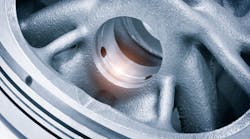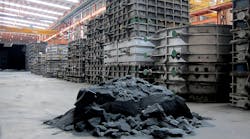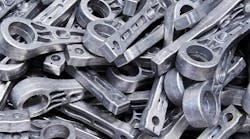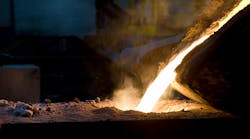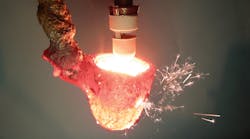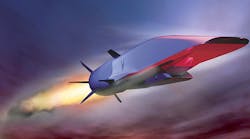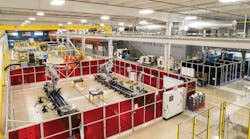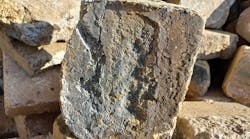Waupaca Foundry Inc.’s sale to the investor group KPS Capital Partners LP is complete. ThyssenKrupp AG offered the iron foundry organization for sale in May 2011, and announced a deal with the private-equity firm on May 15. The value of the sale was not announced.
GE Capital, Corporate Finance reported it is the senior lender for a $485-million credit facility to Waupaca Foundry Holdings Inc., money that was used to support the acquisition by KPS Capital Partners.
“We have worked closely with GE Capital for the past 15 years,” stated KPS managing partner David Shapiro. “GE’s deep experience in the automotive, general industrial, and metals industries was vital in completing the financing that backed this acquisition.”
Waupaca operates six plants in Wisconsin, Indiana, and Tennessee, and produces gray, ductile, CGI, and ADI castings for automotive, commercial vehicle, agricultural and construction equipment, and basic industrial markets. It has approximately 3,500 employees. The organization retains its management, led by president and CEO Gary Gigante.
“This is an exciting time for our employees and our customers,” Gigante stated. “Our affiliation with KPS will give us the resources to reinvest in our organization in order to serve the anticipated market growth.”
ThyssenKrupp is conducting a “portfolio optimization” to identify and sell non-core subsidiaries. “The implementation of the strategic development program adopted in May 2011 is proceeding fully according to plan,” according to Dr. Heinrich Hiesinger, executive board chairman. “After just one year, we have already signed contracts or completed transactions for around 90% of the sales volume to be divested. The reorganization of ThyssenKrupp into a diversified industrial group is therefore making good progress.”
